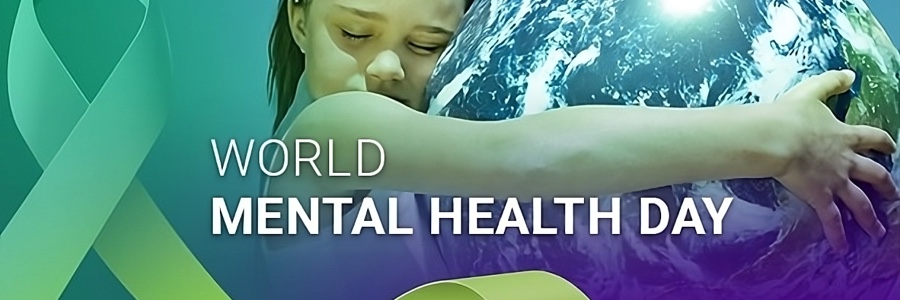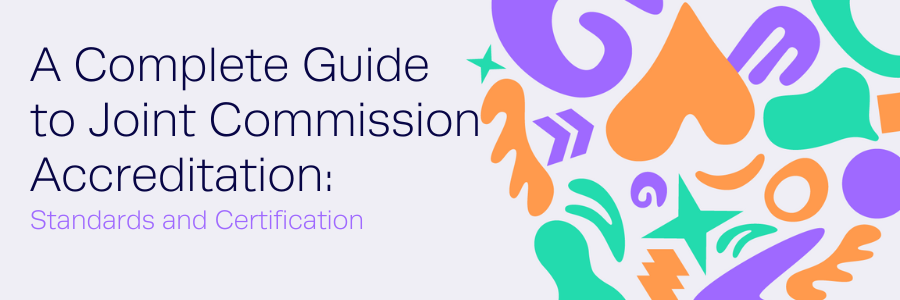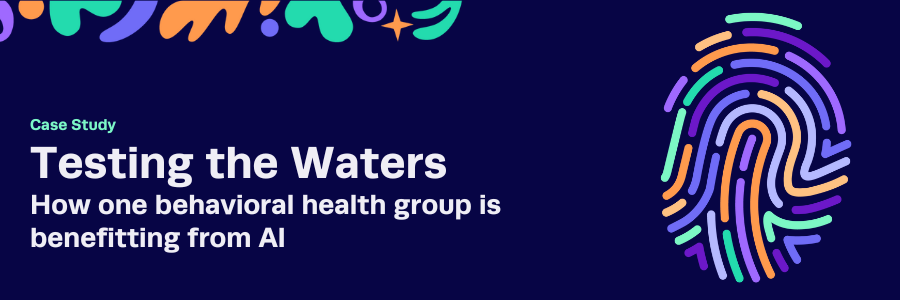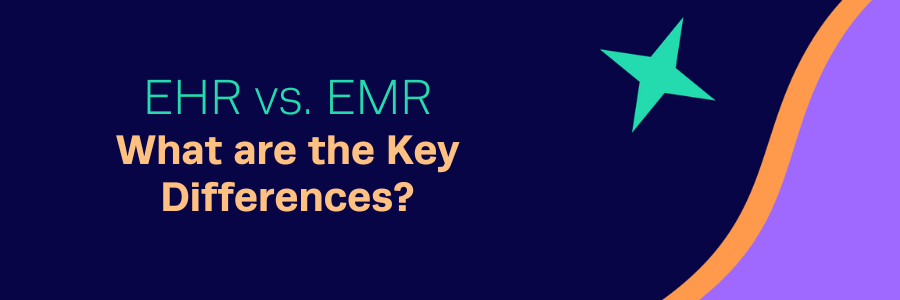What is mental health? While we all may have our own definitions of it, much like we define physical health using a wide variety of parameters, the World Health Organization defines it as “a state of well-being in which an individual realizes his or her own abilities, can cope with the normal stresses of life, can work productively and is able to make a contribution to his or her community.”
The realization of abilities, coping with normal stresses of life, and contributing properly and productively to one’s community was all called into question by the COVID-19 pandemic. It may even be an understatement to suggest that all of that and more was sharply shifted as a result.
October 10, World Mental Health Day, will mark 18 months since the start of the COVID-19 pandemic. Any semblance of returning to normality is riddled with questions of variants, transmission, and vaccination. The pandemic’s subsequent lockdowns isolated many people and put a lot of pressure on others. Be it frontline healthcare workers, students, the elderly, and those living alone, to name a few, everyone was affected in a multitude of ways. It’s why recognizing not only the resources but the work that is being done to further prioritizing mental health as a primary goal is not only crucial, but incredibly relevant.
History of World Mental Health Day
First observed in 1992, World Mental Health Day was designed to promote mental health advocacy and educate the public. It took another two years before a theme was ever designated, and in 1994, “Improving the Quality of Mental Health Services,” started the trend of focused efforts each year. This in turn led to further support and integration with government departments and organizations across the world, and in 1995, the material started being produced in multiple languages. Themes now remain a central aspect of each year’s campaign, materials, and efforts.
The Current Landscape
Access to mental health services is an issue fraught with stigma, discrimination, and an overall lack of investment and resources. Right now, 75% to 95% of individuals with a mental health disorder in low/middle-income countries (LMICs) are unable to access the care that they need. When looking at high-income countries, the US in particular leads in mental health diagnoses, and emotional distress due to safety, food, and housing insecurity.
Currently, 1 in 6 adults in the United States are unable to get professional care, either due to lack of access or affordability. Among all high-income countries, the US has the highest suicide rate, which has been increasing every year since 2000. The US also has the highest number of deaths due to substance use disorder.
As the global burden for mental health services and access to care increases, the mental health burden both abroad and here in the United States, is begging for our attention.
2021 Goals, Plans, and Campaign
2021’s theme for World Mental Health Day is Mental Health in an Unequal World. With a particular focus on health disparities and sustainable efforts, this could not possibly come at a better time. Stigma and discrimination continue to be at the forefront of the mental health landscape and seeking care for mental health is not as easy as it should be.
The COVID-19 pandemic has intensely highlighted health disparities, the effects of inequity, and how outcomes are largely dependent on a multitude of factors. The pandemic has recentered issues of illness, injury, grief, loss of economic and job security, and social isolation and it would be remiss to ignore the role any of these variables play.
Action is now. It is urgent and we cannot sit and let a time of crisis pass us by.
2021’s World Mental Health day aims to truly target the contributing factors to inequity. In May 2021, the World Health Assembly recognized the immediate need to level up mental health services globally; the global commitment to this cause makes this opportunity ripe for the picking. Join us in our efforts to raise awareness, share resources, and support the community of those seeking and providing mental health assistance and care.
Call to Action: What can you do?
While October 10 is the day to consider and encourage support for mental health services and resources, there is much you can do today, tomorrow, and every day.
- Remember to take care of yourself. Listen to yourself. Take the time you need. Practice self-care, in whatever form speaks to you.
- Support others. Practice kindness. Community is key, and simply reaching out could make someone’s day.
- Stop the stigma. Let’s engage in more conversations about mental health. It’s okay to talk about it. You can do this by educating yourself or simply by creating spaces that are open and safe to speak about it.



